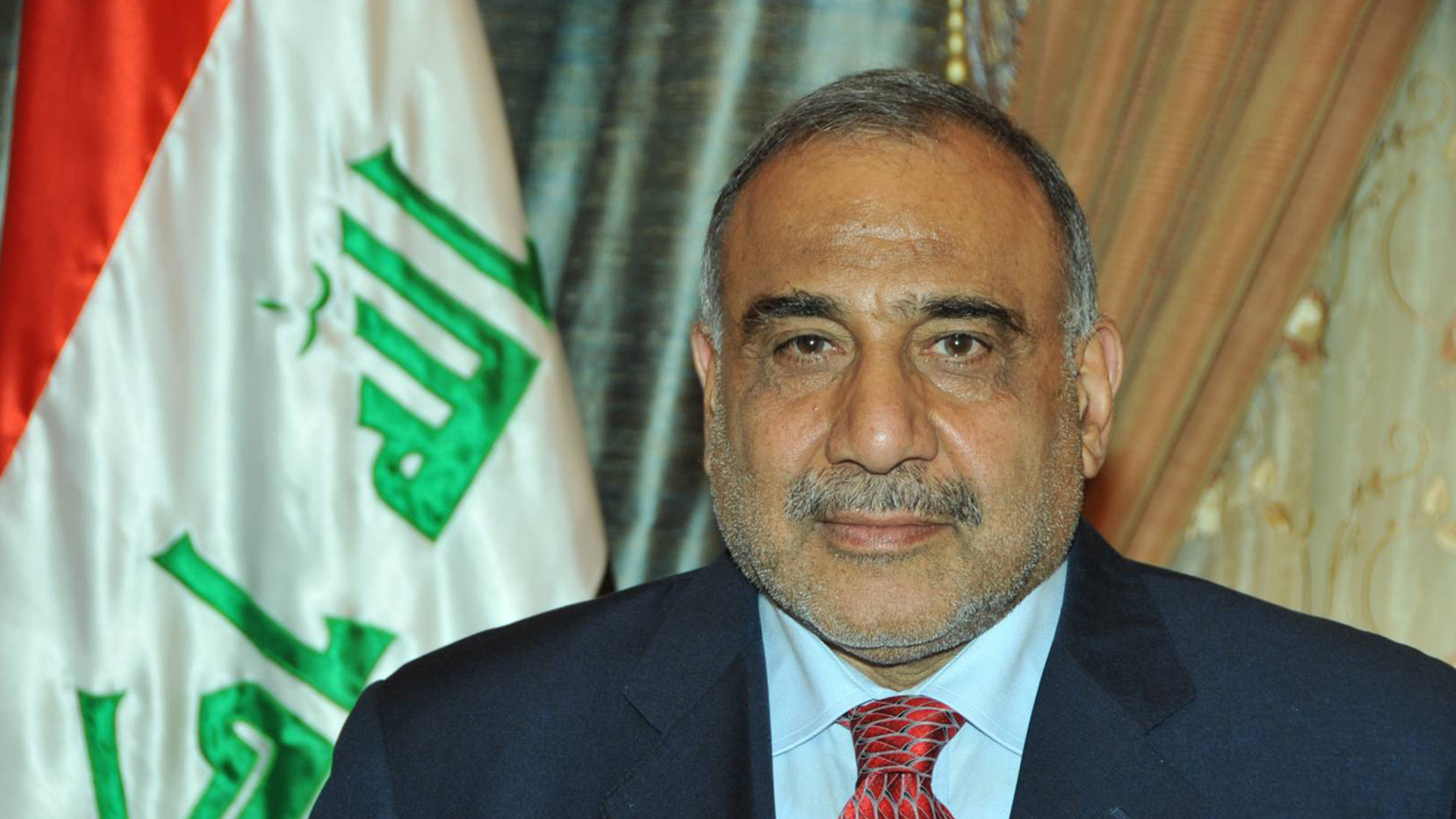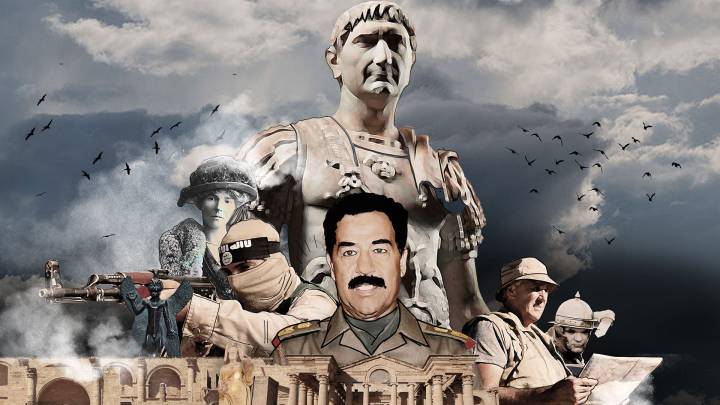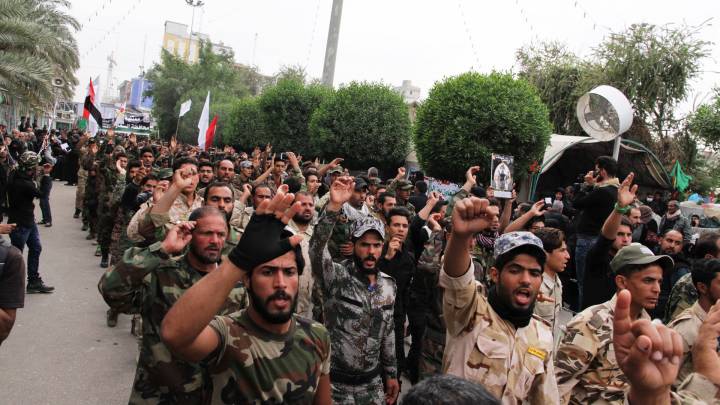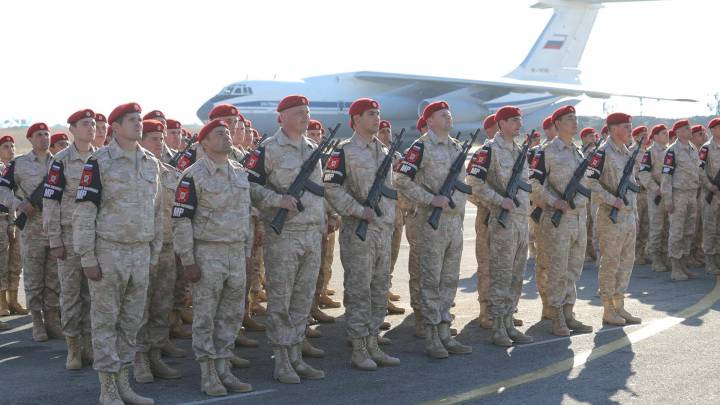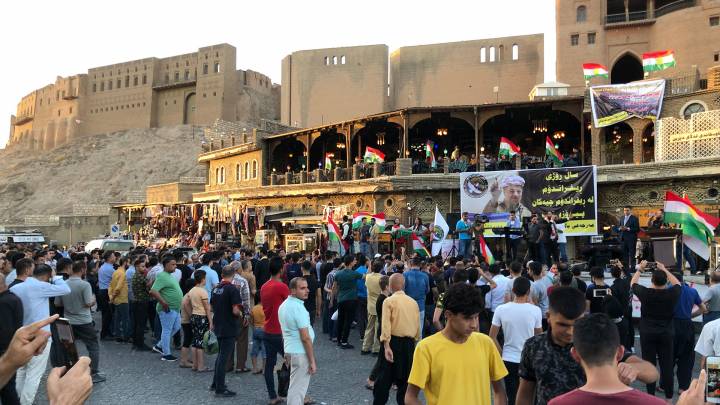Branded as a compromise candidate, Iraq’s new Prime Minister Adil Abdul Mahdi has made a bold entrance, issuing a number of unorthodox policy proposals. But will his nomination trigger a sustained momentum before the euphory fades away?
“Now, this is a million dollar question,” was the spontaneous response of Prime Minister-designate Adil Abdul Mahdi, when I asked him in April about his forecast on the future government formation. Presciently, he pointed out the diminishing tolerance of the public for the poor governance performance of the Islamic Dawa party. Two months later, his prophetic warning came true after regular power cuts, severe water shortages and bacterial contamination triggered a wave of mass protests – predominantly across the country’s neglected Southern provinces.
In addition to costing Prime Minister Haider al-Abadi a chance for a second term, this unprecedented public discontent brought to light the grave need for an inclusive social and economic program. In Abdul Mahdi’s vision, it is to be implemented by a team of highly qualified and independent professionals. Having been appointed by President Barham Salih as the country’s new Prime Minister on October 2nd, Abdul Mahdi now carries the ‘heavy responsibility’ – as he had recently put it – of implementing his own policy recommendations. Cautious in their optimism, local and international Iraq observers and decision-makers have so far received his nomination with reserved enthusiasm.
In view of the heated negotiations regarding the composition of the largest parliamentary bloc, Abdul Mahdi’s nomination is to be understood as the lowest common denominator reached by the two rival coalitions: Shi’ite cleric Muqtada al-Sadr’s bloc of al-Islah (Reform) and al-Bina (Reconstruction) featuring former Prime Minister Nouri-al Maliki and Fatah leader Hadi al-Ameri, the bloc supported by Iran. Settling upon the well-established veteran Abdul Mahdi, who has built a solid reputation as a former Vice President, serving as well as Minister of Oil and Minister of Finance, did not occur though without foreign interference.
The partisan compromise has allegedly been facilitated during a trilateral meeting in Beirut, attended by Muqtada al-Sadr, Hezbollah secretary-general Hassan Nasrallah, and Maj. Gen. Qasem Soleimani, the omnipresent commander of Iran’s Quds Forces. According to Lebanese sources, the negotiators were largely driven by their common objective to curb US influence in Iraq, thereby responding to Grand Ayatollah Ali al-Sistani’s call for a peaceful transition of power to a persona with a somewhat less tainted political profile, which would prevent the country from being once again caught in geopolitical crossfire.
During an interview shortly before the Iraqi elections, Abdul Mahdi elaborated on the urgency of addressing the country’s malignant nepotism and chronic dysfunction. An economist by training, he framed corruption as a systemic problem, which could hardly be uprooted by merely alleviating its recurring symptoms.
Explaining his youthful enchantment with Marxism with a healthy distance, Abdul Mahdi pointed out that the widespread infatuation with leftist ideas across the Middle East could be largely attributed to a rather misleading translation of the term "socialism" in Arabic as Ishtirakiyya. Drawing on the Arabic root of ‘Sh-R-K’, Ishtirakiyya underlines the aspect of sharing an equally limited access to highly contested resources.
Instead, Abdul Mahdi advocated for the preferred term Ijtima’iyya, which as reflected in its root “J – M –’Ain” would divert the focus to the society, without artificially imposing that everyone within this society has to remain equally disadvantaged forever. Only upon acknowledging the limited applicability of socialism across the MENA region, did Abdul Mahdi develop an interest in Islamic political thought as expressed in the principles of the Islamic Supreme Council of Iraq (ISCI or SIIC), where he himself could identify with the ideals of social justice.
To adequately deal with the mounting tension, Abdul Mahdi would have to embrace the unprecedented grassroots character of the current protest movement, which, like in the summer of 2015, overrides communal, sectarian, and ethnic fault lines
Having now left the ISCI, Abdul Mahdi hopes to unlock new opportunities as a rebranded independent force for bridging not only the sectarian divide, but more importantly for addressing the growing public alienation with the structures of the state. He thereby will seek to respond to the legitimate demands of the country’s protest movement, which certain short-sighted commentaries have hastily subsumed under the notorious narrative of sectarianism and proxy warfare, predicting on top the outburst of an ‘intra-Shiite civil war’.
To adequately deal with the mounting tension, Abdul Mahdi would have to embrace the unprecedented grassroots character of the current protest movement, which, like in the summer of 2015, overrides communal, sectarian, and ethnic faultlines. Beyond the distorted prism of pure intra-sectarian competition exhibited in certain articles, Abdul Mahdi’s new cabinet could no longer afford to neglect the collective discontent with the usual suspects and profiteers of the spoils distribution system (muhassasa ta’ifiyya). Learning his lesson from the mistakes of the previous administration, Abdul Mahdi is determined to avoid this sure recipe for another political fiasco.
Therefore, Abdul Mahdi has clearly prioritized closing the widening gap between Iraq’s entrenched elites and the disillusioned masses, which, as Chatham House analyst Renad Mansour has repeatedly underlined, constitutes one of the root causes of the current crisis.
Acting upon the generated momentum, Abdul Mahdi has already advanced a series of unorthodox proposals, which immediately invited controversial reactions. In a bold move, Abdul Mahdi has encouraged citizens to apply online for ministerial jobs for the upcoming cabinet through a newly launched government website, addressing especially female Iraqi experts. On one day alone, the website was reported to have attracted approximately 36,000 registered applicants.
Understandably, this attempt to prevent horse-trading between parties for lucrative ministerial portfolios by identifying politicians with independent profiles and no current partisan affiliation has been met with harsh resistance on behalf of major political formations, such as Ammar al-Hakim’s Hikma party and Hadi al-Ameri’s Fatah coalition. Nevertheless, Muqtada al-Sadr has willingly endorsed Abdul Mahdi’s merit-based selection approach despite the irritation expressed by several of the coalition partners of Sadr’s Sa’iroun formation: “We have ordered the formation of this new cabinet without partisan pressures or sectarian divisions while preserving Iraq's true identity,” said Sadr.
On a different note, Abdul Mahdi has also joined hands with outgoing PM Haider al-Abadi to prevent officials accused of corruption from deserting the country. Furthermore, he has also expressed his intent to replace checkpoints across the country with an electronic system, which is intended to track license plates.
Last but not least, Abdul Mahdi has expressed a strong will to open Baghdad's well-guarded Green Zone to the public and move the Council of Ministries outside of its ivory tower. The Green Zone, where most government institutions and international organizations have their offices, is closed off to the public and, thus, vividly reflects the widening gap between the elites and the masses.
During our interview on the ascendancy of the Popular Mobilization Units (PMU) – a state-sanctioned paramilitary umbrella known in Arabic as al-Hashd al-Sha’abi –, Abdul Mahdi also emphasized the long-overdue separation of security, social mobilization and economic activities. The so-called Hashd Law of 2016 has granted the PMU a considerable level of autonomy, describing them as an independent entity under the direct command of the Prime Minister. Unless the hybrid status of the PMU is tackled through an adequate regulatory framework (delineating its security mandate), the hereby produced ambiguity will further empower the PMU to explore a comfortable grey zone, and play selectively the card of a state actor.
Acknowledging that the PMU in that sense represent a projection of a larger systemic defect, Abdul Mahdi had stressed the importance of a holistic Disarmament, Demobilization and Reintegration (DDR) strategy for the militias and a forward-looking security sector reform that would provide feasible policy solutions to the mestastizing extra-legal armed actors and their growing power, both physical and symbolic.
While certain experts are often far too eager to crown any new politician critical of the Axis of Resistance with the label ‘reformer’, in the case of Abdul Mahdi, the more accurate term would be a pragmatic visionary
Particularly with respect to Iraqi foreign policy, Abdul Mahdi has highlighted the urgency of finding a functioning equilibrium. Especially in view of the rivalry between Iran and the US, this pursuit of a balanced foreign policy line remains a risky undertaking. Having witnessed his predecessor Haider al-Abadi burn his hands trying to cater to US sanctions policy while simultaneously appeasing the Islamic Republic, Abdul Mahdi is extremely wary of this common geopolitical trap.
Arguing for an independent strategy towards Iraq’s Gulf neighbors, Abdul Mahdi has also not shied away from publishing a strongly symbolic article defending Sadr’s trip to Saudi Arabia in the summer of 2017. Being accepted as a compromise candidate by all of the major stakeholders, including the US, Iran and Saudi Arabia, Abdul Mahdi does stand a good chance of exploring Iraq’s leverage as a potential “Iran whisperer”, while curbing the interference efforts of its neighbors on both sides of the Shiite crescent.
While certain experts are often far too eager to crown any new politician critical of the Axis of Resistance with the label ‘reformer’, in the case of Abdul Mahdi, the more accurate term would be a pragmatic visionary. The extent to which he will succeed in overcoming the systemic resistance to his reform agenda will strongly determine whether he could eventually live up to his own vision.
Inna Rudolf is currently a Research Fellow at the International Centre for the Study of Radicalisation and PhD candidate at the War Studies Institute of King’s College London. Her thematic focus is on sectarian relations, subnationalism trends and paramilitary movements, researching the interplay between the Popular Mobilisation Units and the Iraqi state. She also serves as an advisory board member for the Candid Foundation.
